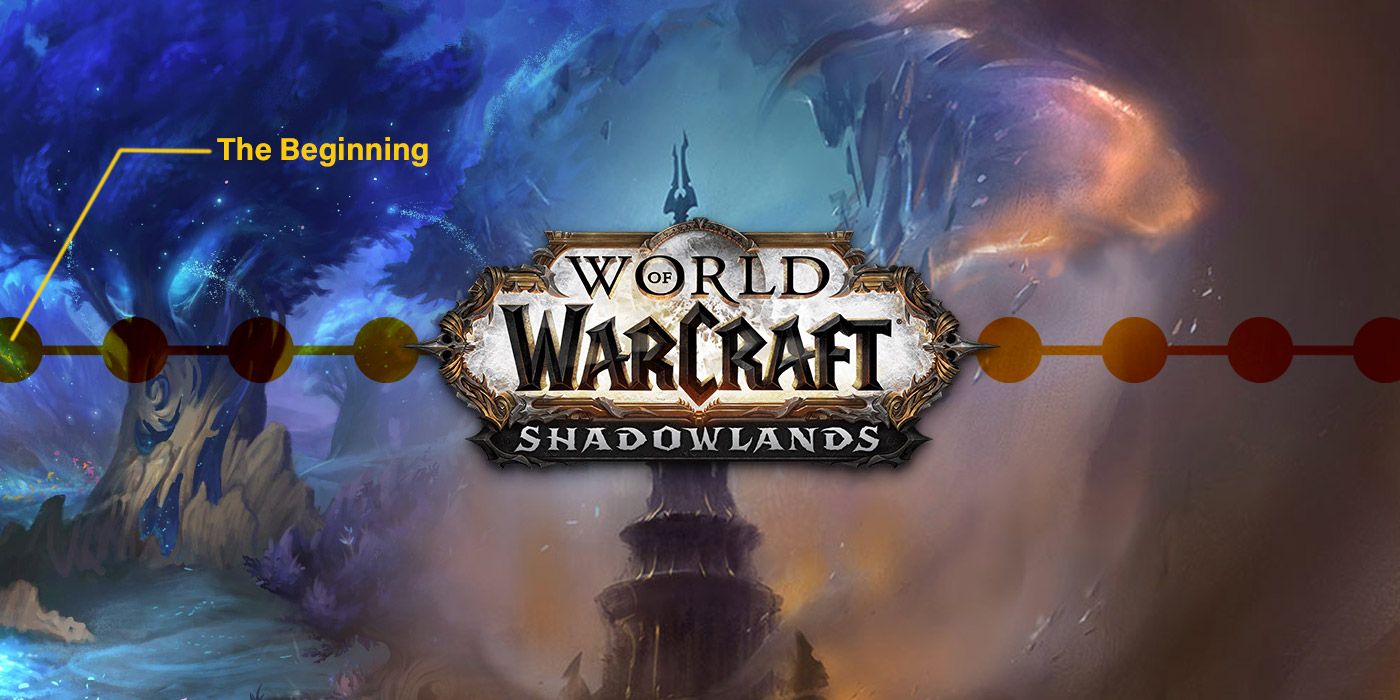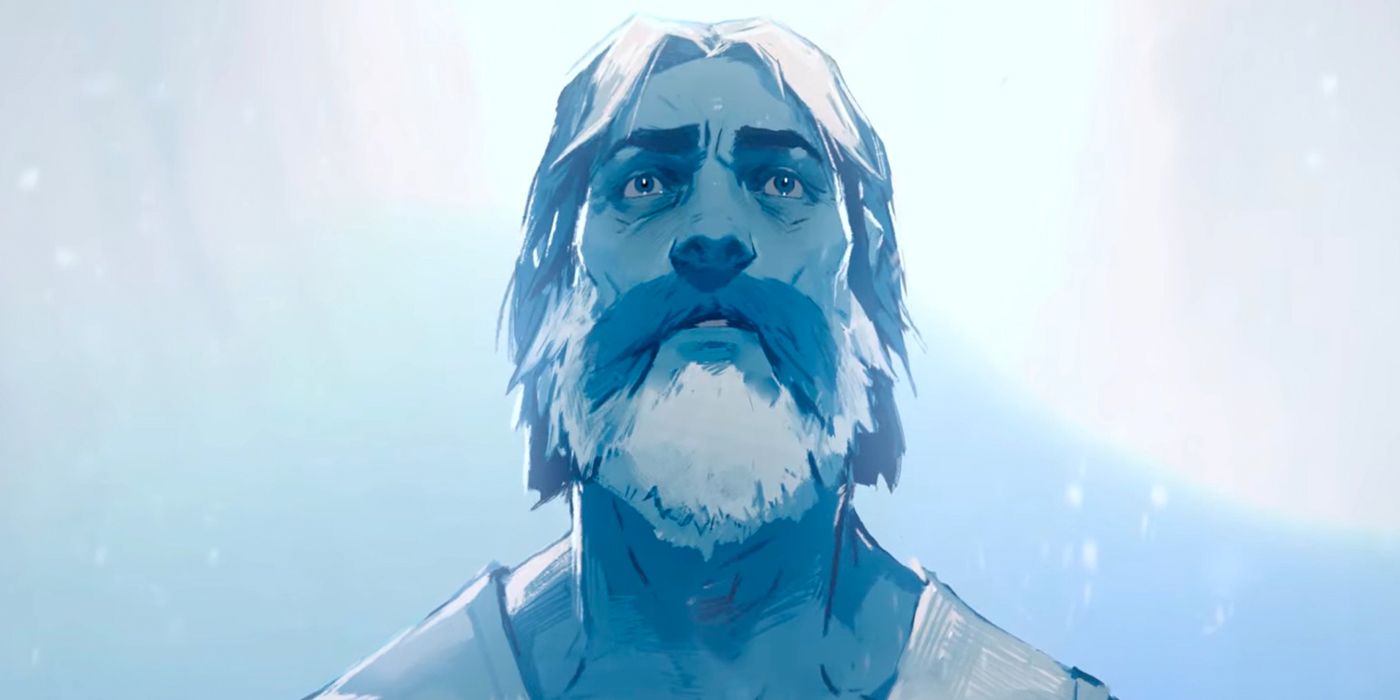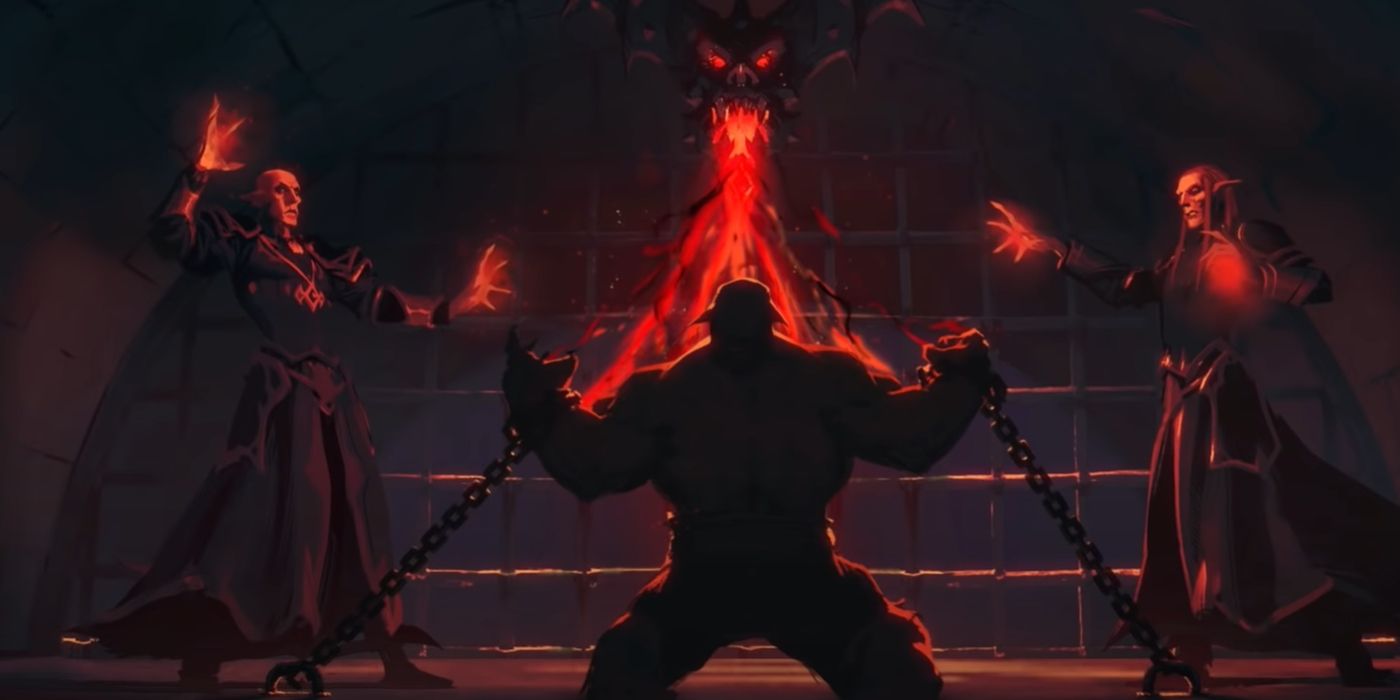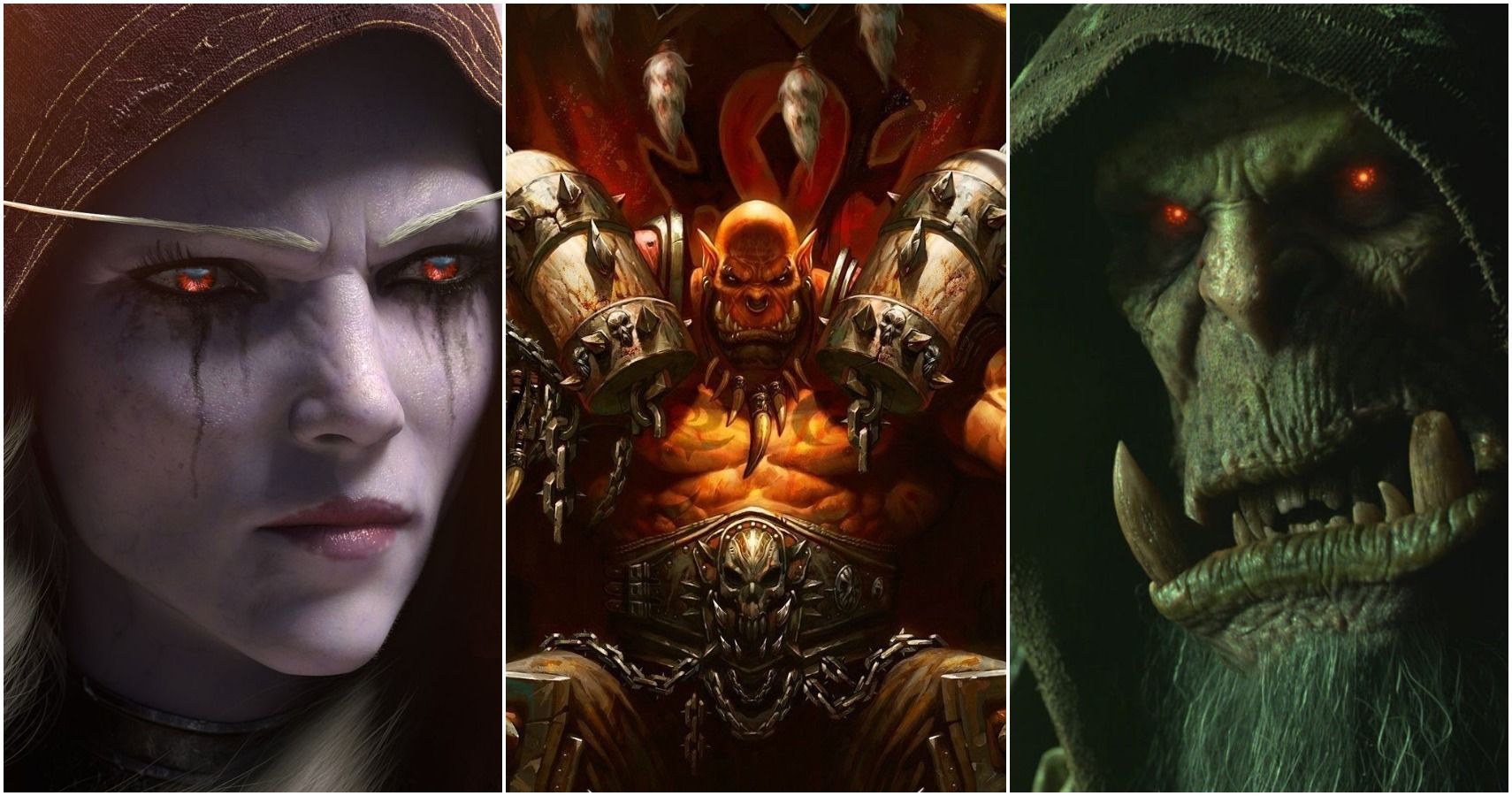World of Warcraft: Shadowlands Needs to Answer One Big Problem with the WoW timeline

World of Warcraft: Shadowlands has just been released. The new expansion takes players to the Shadowlands, the realms of death itself, as they struggle to stop Sylvanas Windrunner and free the souls wrongly sent to the Maw to suffer imprisonment for all eternity.
However, there’s one huge hole in the WoW timeline that will need to be addressed for World of Warcraft: Shadowlands to make sense. If Blizzard isn’t able to come up with a good work around in the expansion’s new narrative, it could risk undermining some of the key conflicts in the Shadowlands and mortal worlds alike.

To understand the problem with Shadowlands' plotline, it’s first important to understand the exact nature of the Shadowlands. While the races of World of Warcraft have long presented their own ideas of the afterlife, the Shadowlands appear to reveal that old canon to be mistaken, instead posing a form of death with some very specific rules. When a mortal being dies in Azeroth or somewhere else in the Warcraft multiverse, their soul travels to the Shadowlands where they are judged by the Arbiter who weighs their virtues and vices and judges which realm of the Shadowlands they should be sent to.
Noble souls like Uther the Lightbringer’s are shown to go to Bastion. Souls which came from beings who died in an act of warrior-like sacrifice join the Dread Lord armies of Maldraxxus, like Draka. Souls who were burdened with the sin of pride in life find themselves drained of that pride by the vampiric Venthyr of Revendreth, and the souls of troll loa or nature spirits go to the Night Fae of Ardenweald, who tend to their souls in groves until they are ready to rejoin the cycle of life, death, and rebirth.
Part of the premise of Shadowlands, however, is that this system has been thrown out of balance. Thanks to Sylvanas breaking the Helm of Domination atop Icecrown Citadel and therefore breaking the wheel of life and death itself, all the souls of the dying have been traveling straight into the Maw, an eternal damnation reserved for those souls deemed incapable of rehabilitation in the Shadowlands.

The Shadowlands run on anima. Anima is the essence of a soul and operates as everything from energy to currency and even as sustenance for the creatures of the Shadowlands. The “greater” a soul is, the more anima it contains. An orcish peon, for example, might have significantly less anima than a deceased Warchief. While greatness is subjective, the general rule seems to be this: the bigger and more important the character and the more their actions in life affected others, the more valuable their soul.
Thanks to Sylvanas Windrunner, the Shadowlands are now suffering from a drought of anima, with all the new souls entering the Shadowlands pouring directly into the Maw instead of being properly distributed among the different realms. This drought has hit Ardenweald and Revendreth particularly hard. Ardenweald’s Winter Queen has responded by forming a Wild Hunt to destroy certain groves for their anima supplies, while Sire Denathrius of Revendreth is rationing anima while farming as much as he can from extremely "reliable" prideful souls like that of former Warchief Garrosh Hellscream.

It is Garrosh Hellscream, however, who brings one of the biggest potential plotholes in World of Warcraft: Shadowlands into focus. In the Warlords of Draenor expansion, Garrosh travels back in time to an alternate version of Draenor, the orcish home world, before its destruction. This allows a huge amount of characters from the old Warcraft lore to return.
For example, the first orcish warlock, Gul’dan, had only been seen in World of Warcraft as an enchanted skull held by Illidan Stormrage. In the original timeline, Gul’dan had been killed while opening the Tomb of Sargeras, leaving only his skull as a totem for channeling fel magic.
However, after the events of Warlords of Draenor, Gul’dan was able to escape back into the main timeline and attempt to free Sargeras yet again in World of Warcraft: Legion. This means that the main Warcraft timeline had two separate incidents of Gul’dan’s death, which raises some huge questions.
A small part of Gul’dan’s soul was kept in the skull, but did the remainder travel to the Shadowlands when Gul’dan died? The fact that the remainder of Uther’s split soul traveled to Bastion despite part of it being trapped in the runeblade Frostmourne would suggest so. If he wasn't sent directly to the Maw, it’s likely that Gul’dan’s soul was sent to Revendreth to be punished for his pride.
However, when Gul’dan entered the main timeline a second time and died a second time, a big question is raised: did the Shadowlands see Gul’dan’s soul enter it twice? If so, how can their be a drought of anima when the Shadowlands appears to supersede all timelines, and would therefore have the souls of all the alternate versions of characters like Gul’dan, Garrosh, and almost all of the returning characters seen in Warlords of Draenor?
Even if the drought cannot be solved by the souls from across multiple timelines, the timeline problem still raises the question of whether players will be able to find the different souls of characters who died in two different ways across different timelines. There are a few ways Blizzard could explain this. The way Afterlives: Bastion deals with Uther’s incomplete soul could be the basis for an explanation.
It’s possible that souls in the Warcraft universe are not completely present in the Shadowlands until all of the alternate versions have died, and that new versions are only created by acts like Garrosh’s time-travel, rather than already existing in parallel universes. No matter what the answer is, Blizzard will need to make sure it addresses the timeline problem for the Shadowlands to make sense, and the main stakes of the new expansion's plot to feel consistent and coherent.
World of Warcraft is available now for PC.

Post a Comment